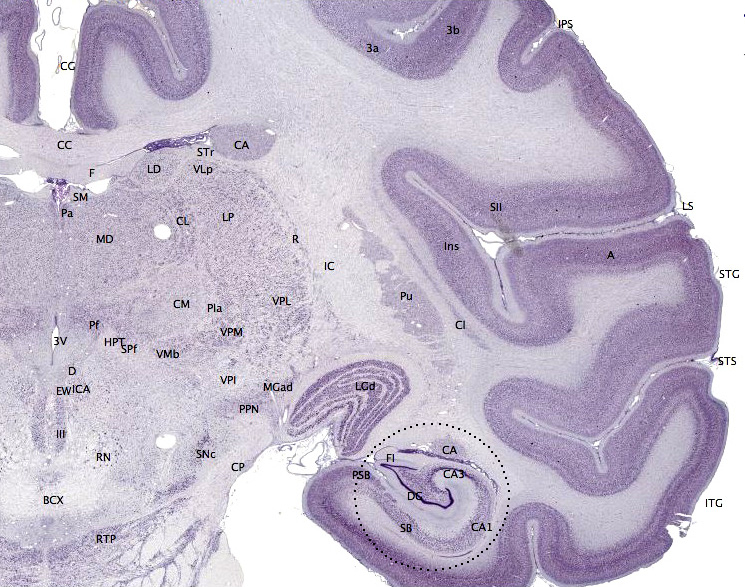Montreal scientists play key role in long-term international study
Rate of change in the thickness of the brain’s cortex is an important factor associated with a person’s change in IQ, according to a collaborative study by scientists in five countries including researchers at the Montreal Neurological Institute and Hospital – The Neuro, at McGill University and the McGill University Health Centre. The study has potentially wide-ranging implications for the pedagogical world and for judicial cases in which the defendant’s IQ score could play a role in determining the severity of the sentence.
The cortex is the thin, outermost layer of nerve cell tissue of the brain, typically measuring a few millimeters in thickness. The cortex contains nerve cell bodies and is critical for cognitive functions such as perception, language, memory and consciousness.
“Often, small differences in IQ scores are observed when people’s IQs are tested twice over a period of time. However, in some instances, dramatic changes in IQ scores are observed,” said Dr. Sherif Karama, assistant professor of psychiatry at McGill University, psychiatrist at Douglas Mental Health University Institute and affiliate at The Neuro where he conducted the study published in the scientific journal, Neuro Image. “These dramatic changes are generally attributed to measurement errors rather than assumed to reflect real changes in general cognitive ability.”
Related coverage
Journal de Quebec (French)
March 11, 2014

